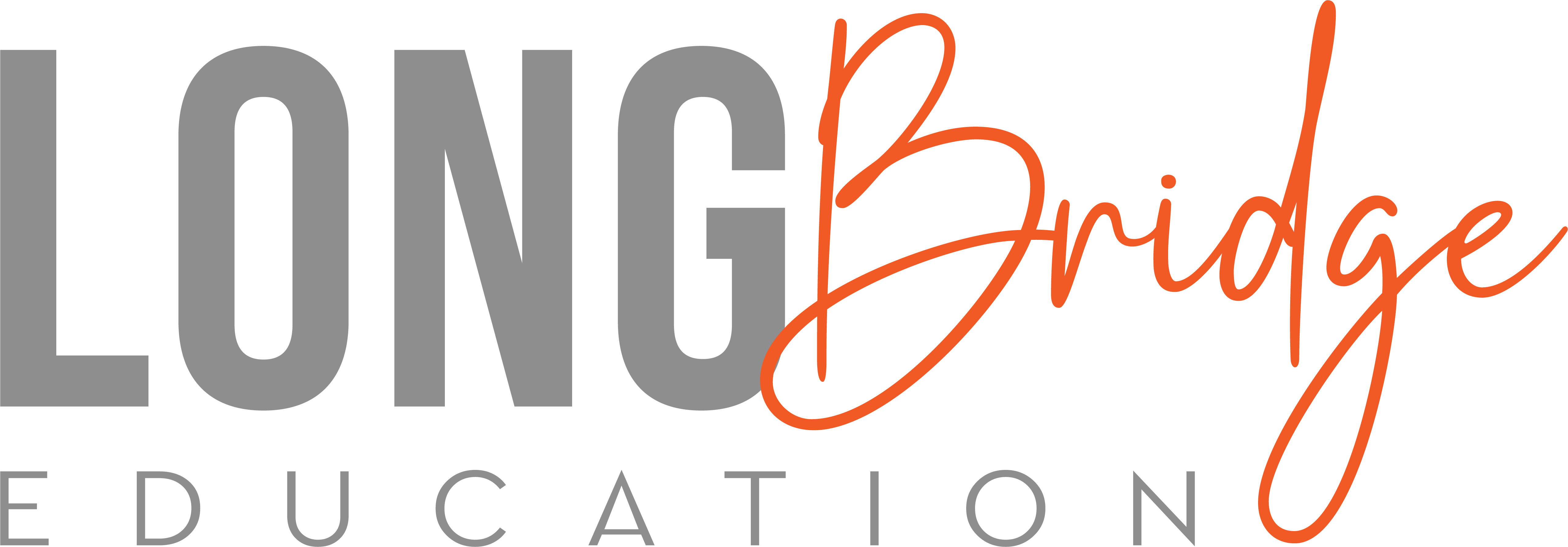-
Study In Germany
Most public universities in Germany have embraced tuition-free education in 2014. They all charge a small administrative fee.
-
Study In Germany
Education in German Universities is free of cost for both Germans and non-Germans.
-
Study In Germany
There are over 400 officially recognized universities and over 17,000+ academic programs making it a popular choice to study in Germany for Indian students.
Important Facts About Germany

Every year, more than 5,600 international students complete their doctorate degrees.
International students can work part-time during their studies to earn an extra income.
Germany holds a prominent position as a global leader in the world of books, annually publishing an impressive 94,000 titles.
Germany is renowned for its contributions to research and innovation. International students can benefit from state-of-the-art facilities, research opportunities, and collaborations with leading experts in their fields.
Germany has a robust economy and offers ample job opportunities for international students. Studying in Germany can enhance career prospects, with the country being home to many global companies and industries.
Why Study in Germany?
Germany has emerged as an ideal study abroad destination in recent years as it assures world-class education at low tuition fees, hosts popular universities offering a wide range of courses in English and offers excellent student support. While pursuing higher education in Germany, among other things, one can enjoy architecture like Gothic cathedrals, Roman ruins, and Renaissance castles, as well as breath-taking landscapes. Additionally, students can benefit from the excellent transport links to other European countries that give ample options for travelling and sightseeing other popular cities in Europe, broadening the overall study abroad experience.
Germany has a widely recognised education system wherein acquiring a degree from here will result in an impressionable academic background for international students. As per the QS World University Rankings 2024, over 49 German universities are highly-ranked.
One of the greatest features of German universities is the ability to let students learn uniquely. Most of the course programs offered in Germany let students study and work simultaneously. This approach provides students with a better understanding of their course program.
When students put their knowledge to practice, it becomes easy for them to identify what needs to be done. This unique learning method continues to be in-built into students’ minds even after they complete their academic studies.
Another reason to fall in love with Germany is there is no discrimination. The country follows an open-minded culture where students can practice what they wish. Students are free to express their opinion and even live the life they wish without worrying about any policies or judgements.
For example, the CBS Business School in Germany has been voted the 3rd most LGBTIQ-friendly university in the country. This proves that Germany supports all types of international students and works to provide a better environment for them there.
Students can now access the whole Schengen area VISA-free if they have their student VISA and valid residence permit to live and stay in Germany. The Schengen zone includes Europe, Austria, Croatia, Belgium, and more.
Students can take advantage of this travel as they will learn new cultures and languages needed to survive there. This will also expose them to learning new values that can be incorporated into their daily lives.
When compared to other study-abroad destinations such as the UK, USA, etc., Germany offers affordable tuition fees. The country has two types of universities, private and public. The public university is state-funded, which means students can study for free here. However, with international students, a small fee has to be paid based on what is mentioned on the university website. The fee range could be between 500 €- 700 €/year.
On the other hand, for private universities, international students should pay the full tuition fees. The fees will vary accordingly based on the course program and university chosen. On average, private universities’ tuition fees can range between 25,000 €- 40,000 €/year.
Education System in Germany
These programs in Germany are undergraduate degree programs spanning 3-4 years. They provide a comprehensive education in various fields of study, from arts and sciences to engineering and business. Bachelor's programs focus on building foundational knowledge, critical thinking, and practical skills. Students can engage in research, internships, and exchange programs. Many bachelor's programs in Germany have low tuition fees, making them accessible to international students seeking quality education.
These programs in Germany are advanced academic degrees that typically follow a bachelor's degree. They offer specialized knowledge, advanced skills, and in-depth study in specific fields. Master's programs usually last 1-2 years and provide opportunities for research, internships, and practical training. Students can choose from various disciplines and benefit from the country's renowned educational institutions. Many master's programs in Germany have low tuition fees, making them attractive options for international students.
These programs usually last two to five years. Students following the traditional model can work and submit their doctorate at their own pace with a chosen supervisor. In this case, they have to find a supervisor on their own. However, students enrolled on a structured PhD program get to work with a group of supervisors who help them with research. In the structured model, students can complete their courses within three years.
Intakes in the Germany
There are two intakes in Germany – Summer Intake and Winter Intake
This is the primary intake in Germany and most universities offer a broad range of courses during this time. This intake starts in September/October and ends in March. Here is the timeline for this intake.
This is the secondary intake in Germany and students who miss applying for the winter intake can go for this intake. However, there are few courses available at the universities for this intake. It starts in April and ends in August.
Types of Educational Institute in the Germany
They impart theoretical knowledge and emphasize on research. German universities offer courses in a broad range of subjects. Some universities specialize in technology-related subjects and describe themselves as Technische Universität, TU or technical universities. Some universities especially focus on sports and medicine, such as German Sport University Cologne and Hannover Medical School.
They deliver practice-oriented academic education and offer degrees in specific fields such as economics, technology, media, and social media.
These institutes train young architects, musicians, designers, and fine artists. Students have to demonstrate their special talent during the entrance exam.
These institutes offer dual programs which combine vocational training and academic studies. Students generally attend vocational training in the company. It may be an option for people who want to begin their careers early.
Many universities as well as colleges in Germany are state-funded as well as funded by the church. There are over 120 private universities in the country. These private universities charge high study fees.
Top Courses to pursue in Germany for Indian Students
German university courses are famous for two prime reasons: one; the country offers over 17,000+ academic programs that cater to the course interests of students globally. Second, courses offered in Germany cater to three aspects of learning, helping students build a strong academic foundation, critical thinking skills and professional skills. Another reason to pursue courses in Germany includes a more comprehensive course content range offered by leading universities here, which equips students with the skills and knowledge needed to ace any career role.
In-Demand course: Mechanical Engineering.
Top Universities: Technical University of Munich, Karlsruhe Institute of Technology and RWTH Aachen University.
Top courses to pursue: Management, Business Administration, Project Management are popular examples.
In-Demand course: Management.
Top Universities: Munich Business School, Mannheim Business School and ESMT Berlin.
Top courses to pursue: Nursing, Dentistry, MBBS are popular examples.
In-Demand course: Nursing.
Top Universities: University of Munich, Humboldt University of Berlin and University of Hamburg.
Top courses to pursue: Law, German Law, Law and Business are popular examples.
In-Demand course: Law.
Top Universities: University of Munich, Humboldt University of Berlin and Bucerius Law School.
Top courses to pursue: Architecture, Architectural and Urban Planning and Advanced Architecture.
In-Demand course: Architecture.
Top Universities: RWTH Aachen University, Technical University of Munich and Stuttgart University.
Admission Process to Study in the Germany for Indian Students
You can check the German Academic Exchange Service (DAAD) database to see 2000 programs offered across German universities. Many of these programs are offered in English. There may be fewer choices for undergraduate studies, because most courses require German language proficiency.
Indian students and other international students applying to German universities must possess Hochschulzugangsberechtigung (HZB), which is an entrance qualification for higher education. You need to check if the chosen university recognizes the current qualifications. Also, check if you possess the required level of language proficiency.
A student must show proof of sufficient finances to cover their tuition fees and living costs in Germany.
Students can use the official website, which is a centralised admissions portal by the German Academic Exchange Service (DAAD) to apply to universities. However, many German universities do not use this portal. In this case, you can apply directly on the university website. Once you submit the application, it may take several weeks before you receive your letter of acceptance.
A student must buy health insurance to cover their healthcare costs during the study period. Health insurance is one of the mandatory requirements for a student VISA and residence permit in Germany.
Types of German Post Study Visa
Indian students can apply for a post-study work permit of 18 months to look for a job matching their skills. Here are the type of post-study work visas they can apply for.
This work permit allows university graduates to work part-time or full-time in the country without any additional formalities. Students must apply for this VISA while they are in the university.
This VISA is more appropriate for students who have returned to their home countries after studies and wish to come to Germany for career opportunities. The VISA is issued for a short time of six months.
As soon as the student finds a job corresponding with educational qualifications, they can apply for a temporary residence permit or EU Blue Card.
This allows Indian students and other foreign nationals to live in the country for the period indicated in their employment contract. The residence permit can be extended as many times as required.
This card allows highly skilled Indian students and other foreign nationals to work in Germany and other EU states. Graduates from STEM or IT fields can apply for this card.
Any non-EU student who wishes to start a business in Germany after graduation can apply for this VISA.
This allows foreign nationals to come and settle in Germany. It allows them to work and live in the country with their families without any restrictions. Students who have held temporary residence permit for at least two years can apply for this permit.

